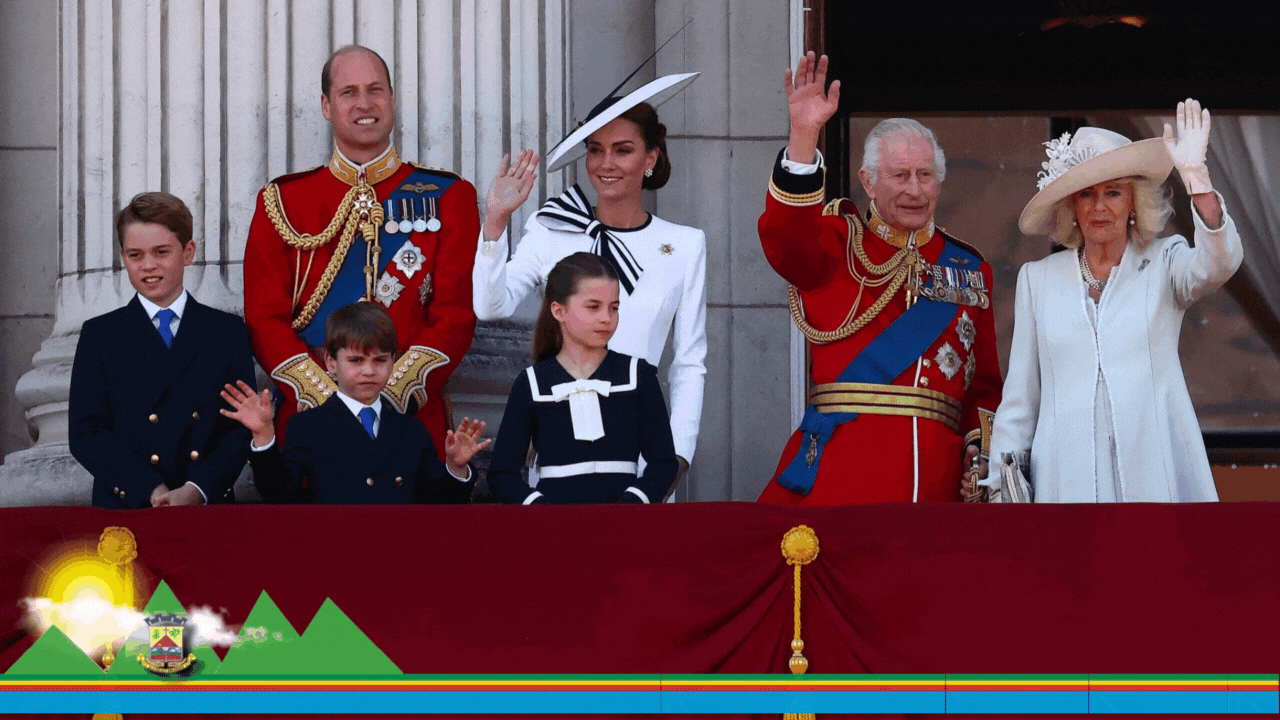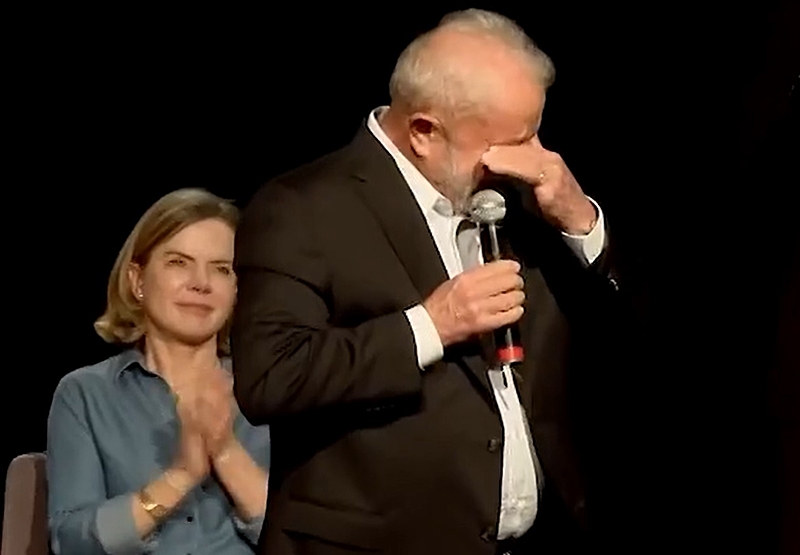Charles III’s birthday also marks a year of great change in the British monarchy, with his coronation consolidating a new phase for the crown. Since his accession to the throne in May, Charles has assumed the role of monarch with a style different from that practiced by his mother, Queen Elizabeth II, who reigned for more than 70 years. The transitions and adaptations have had an impact on both the British and the people of countries that recognize him as head of state, in addition to raising expectations about the future of the Commonwealth.
Effects on the British: a monarchy adapted to modern times
Charles III’s coronation has been marked by a series of changes that have begun to be felt by the British public. A central focus has been his attempt to modernize the image of the monarchy. Throughout his reign, Charles has sought to associate the monarchy with social and environmental causes, reflecting current concerns about sustainability and environmental preservation — issues for which he was prominent as Prince of Wales.
The reception from the British public has been mixed. Some welcome this renewed focus, while others, who once admired Queen Elizabeth, feel that the monarchy is undergoing a period of adjustment. Charles’s more outspoken and involved stance on social policy has been supported by many young people and activists, but has also met with resistance from traditionalists. Still, the monarch has used his symbolic power to support pressing social issues, such as racial equality and poverty, seeking to maintain the relevance of the monarchy for new generations.
The Commonwealth and International Impact
Charles III is not only the king of the United Kingdom, but also the head of state of 14 other Commonwealth countries, including Canada, Australia and New Zealand. Since his coronation, discussions about the role of the monarchy in these countries have grown significantly. The continuity of that link is in question, and while Charles has stressed his commitment to the well-being of member states, the prospect of some nations wanting to follow the path of Barbados, which became a republic in 2021, seems increasingly likely.
During his official visits, Charles has striven to highlight the value of the Commonwealth as an alliance of cooperation and mutual support, without pushing an agenda that impedes any member’s desire for independence. This less paternalistic, more collaborative approach aims to strengthen ties while respecting the autonomy of each country. Charles understands that his position as head of the Commonwealth should not be an imposition, but rather a choice for each nation involved.
The Future of the Commonwealth: Cooperation and National Identity
The future of the Commonwealth under Charles III is an open question. While some countries continue to have strong historical and cultural ties with the United Kingdom, younger generations, especially in nations far from the United Kingdom, question whether the monarchy is still relevant to their national identities. Charles, aware of this, has approached the Commonwealth as a space for voluntary cooperation and cultural exchange, rather than as an entity dominated by the British crown.
The Commonwealth could evolve into an alliance that focuses less on the monarchy and more on joint initiatives such as environmental programs, education and social development. Charles has encouraged this move, believing that the Commonwealth’s strength lies in its potential for collaboration on global issues, rather than its association with the British monarchy. For Charles, this vision could ensure that the bloc remains relevant in a rapidly changing geopolitical landscape.
The King as a Symbol of Renewal and Continuity
Charles III has navigated a complex path of adapting the monarchy to changing times, maintaining its traditions while exploring new ways of being relevant to the British people and the Commonwealth. His more inclusive approach to contemporary challenges signals an attempt to preserve the monarchy’s role in an increasingly globalized and interconnected world. Whether or not the success of Charles’ reign will be enough to secure the monarchy’s future in some Commonwealth countries remains to be seen, but he has certainly strived to bring the monarchy closer to the times and the values of future generations.



